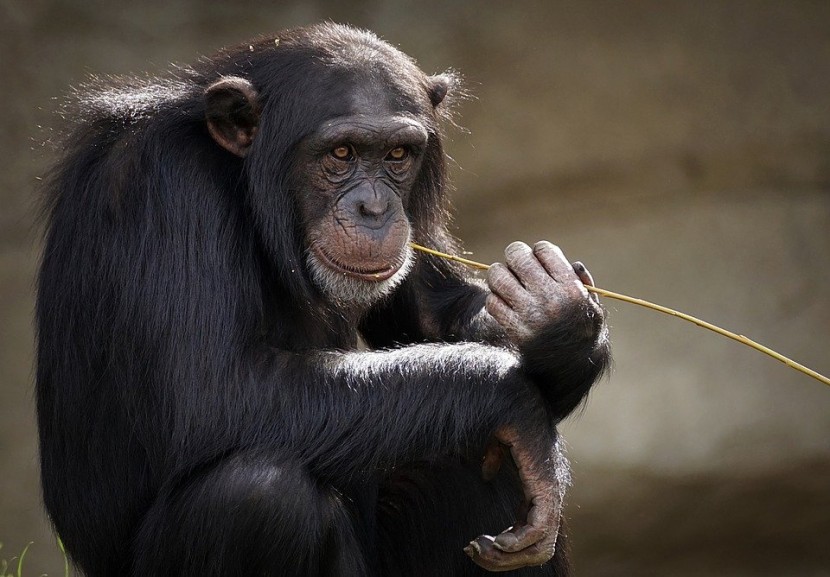
United States biotech company Moderna's COVID-19 vaccine prompted a vigorous immune response. It alleviated the novel coronavirus from reproducing in the monkeys' noses and lungs.
The factor that Moderna's vaccine prevented the coronavirus from replicating in the nose appeared to be necessary for avoiding transmission towards others.
This vaccine was created by Moderna and government researchers to allow animals to rapidly clear the infection from their lungs.
Monkeys provided with Moderna's COVID-19 vaccine who were directly infected were able to combat the virus, rapidly clearing it from their lungs, reported The New York Times.
Such results do not ensure that the vaccine will have the same effect on people. The results, however, are deemed promising and an achievement in tackling the pandemic.
The same effect did not ensue when the vaccine for the University of Oxford was put on trial on monkeys. However, the vaccine was able to prevent COVID-19 from entering the lungs of animals and making them ill, indicated Rappler.
The research study had 3 groups of 8 rhesus macaques receive either the vaccine or a placebo at 100 micrograms and 10 micrograms, reported another article from Rappler.
It is seen overall as a bad sign for Moderna's COVID-19 vaccine's capacity to work in humans if an experimental vaccine fails in monkeys. This kind of research study is considered vital because infecting people deliberately, though occasionally done, is not a regular practice.
Every vaccinated macaque procured large levels of neutralizing antibodies that target a part of COVID-19 used to permeate cells.
The monkeys distinctively received higher dose levels from the antibodies than such detected in humans who came to recover from COVID-19.
Clinics around the country undertook a Phase 3 trial of the vaccine candidate on Monday from the Massachusetts-based biotech firm with the purpose of enrolling 30,000 people for effectiveness and safety testing.
"The virus was cleared very rapidly in the vaccinated animals," according to Dr. Barney S. Graham, the senior author of a report in "The New England Journal of Medicine," and the deputy director of the Vaccine Research Center at the National Institute of Allergy and Infectious Diseases.
According to the authors of the research study, the authors indicated that the vaccine also prompted the production of T-cells, a different immune cell, that could have prompted the bolstering of the general response.
A major concern is that currently developing vaccines could misfire by boosting rather than mitigating the illness.
Graham's team coordinated with Moderna to create the said vaccine.
Unvaccinated animals in the control group were not quickly cured of COVID-19.
The supposed vaccine-associated enhancement of respiratory disease (VAERD) has been connected to the production of the aforementioned T-cells, but such cells were not produced amid the experiment, which alludes that the vaccine would not misfire.
Four weeks following the monkeys' reception of their next injection of Moderna's COVID-19 vaccine, they were exposed to the virus, both through the nose and to the lungs through a tube.
Related Article : Could Future Pandemics Come From Space?
© 2025 HNGN, All rights reserved. Do not reproduce without permission.








